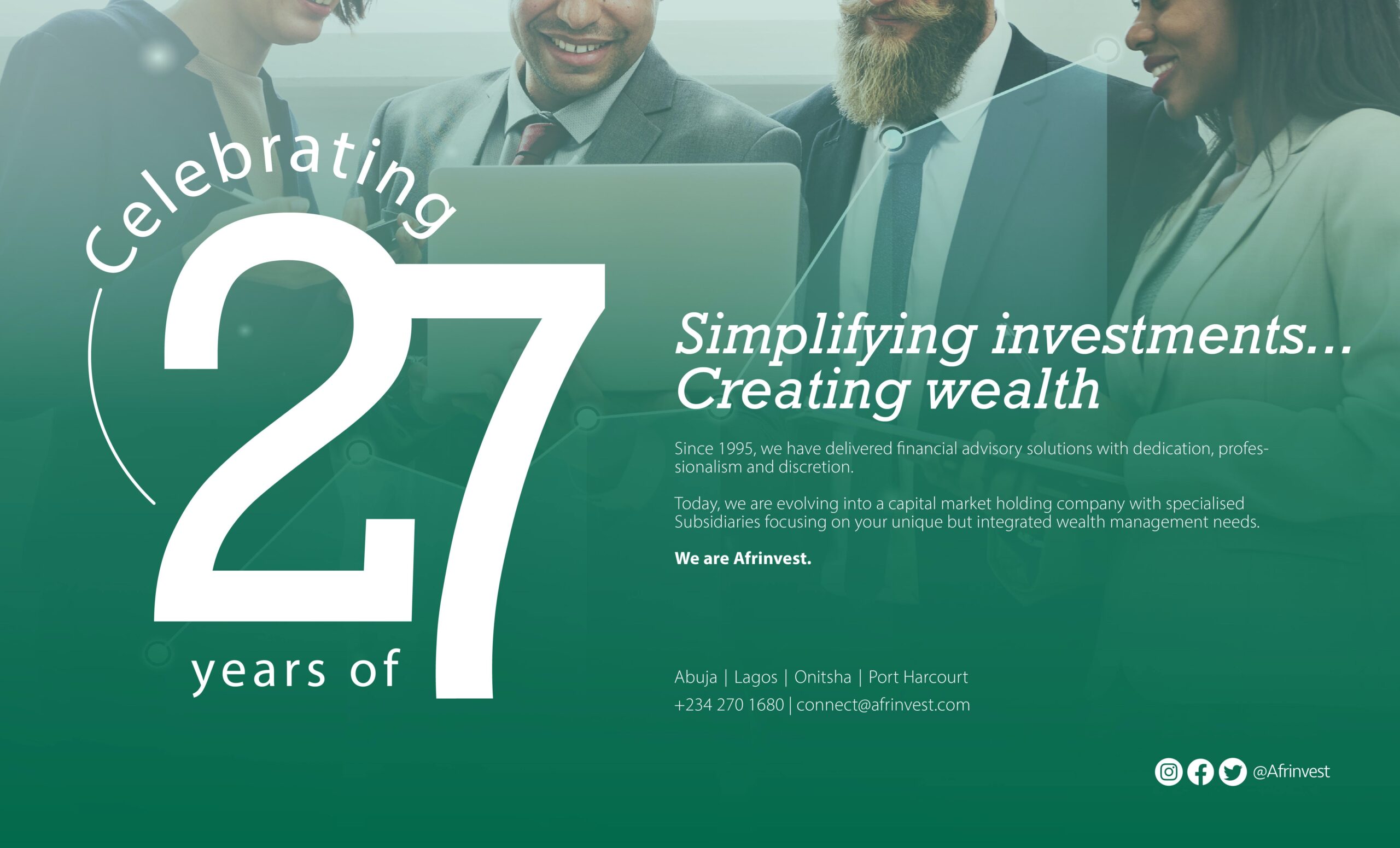In this piece, EHIME ALEX presents the thoughts that bother Farouq Osuolale as a young Nigerian eking out a living in the creative industry
Many young Nigerians would love to leave their country, given the opportunity. Farouq Osuolale has had such thoughts. Unlike many youths whose thoughts are to jet out of Nigeria and never to return, Osuolale has a different intention. It is a pulsating desire to be successive in his profession.
“Yes, I have. Being a young man, I really would love to further my studies abroad and explore what it is like outside the space I have always been in,” he said.
Known popularly as Theonlyfarouq among his contemporaries, Osuolale likes to call himself a brand designer, though he works in other design sectors. “I am involved in activities and practices that help with the way a brand is perceived – right from the logo down to the tone of voice of such company.”
His creative ability caught the attention of many people and brands, when he re-designed Innoson Motors’ logo, about three years ago. He has always wanted to create things and bring his imagination to life. “This, I would say, is my motivation – the zeal to keep creating,” he said.
However, Osuolale, who started out by designing flyers and seeking ways to make companies’ brand identities look better, is worried that there are many challenges facing the Nigerian creative space.
“As a brand designer, I have faced issues of pricing, consistency and growth,” he lamented.
Nigerian creative industry
The Nigerian creative industry is worth $4.5bn, the Governor, Central Bank of Nigeria, Godwin Emefiele, hinted at the ARISE Fashion Show in December 2021. It is positioned as the country’s second largest employer and has the potential to create 2.7 million jobs by 2025, a report by Jobberman, a career platform, showed. “The industry is set to contribute N5tn to the country’s Gross Domestic Product.”
Driven by young people, the sector employs 4.2 million people across five sectors: the media, entertainment, beauty and lifestyle, visual arts, as well as tourism and hospitality, Jobberman added in its report.
“The Nigerian creative space is amazing with people helping one another to grow. It is an industry I am proud to be in,” Osuolale said, amid concerns in the industry.
Challenges in the sector
“So many things are not being done right in the country’s creative industry. There is a lack of value system of creative assets,” Osuolale said.
According to him, very few clients value what is done by the industry. “Only those few usually pay what it’s worth,” he said, adding that educating clients and designers on the dos and don’ts of the creative business, and enlightening them to see the value in what they will pay for seems a way out of the seeming challenge.
Jobberman also expressed worries in its report that creating jobs for an increasing youth population of over 100 million presents its own challenges, even as “many young people cannot afford a smartphone, let alone the cost of data.” This is made worse by the obvious gaps in schools’ curricula, especially in the area of digital and soft skills.
Way out
To solve the myriad of issues in the creative industry will require substantial investment in skills development, prioritising regulation, improving working conditions, while also supporting the sector with fund and enabling business environment that supports innovation, Jobberman stated. “Investment in skills development through the inclusion of soft skills and digital skills into the curriculum presents an opportunity to solve the skills gap and reduce the backlog of an analog reality.”
According to the latest World Bank’s yearly rating on the ease of doing business, Nigeria is ranked 131 among 190 economies, an improvement from 146 in 2018, and so far the highest the country has achieved in nearly two decades. Economies on the top 20 ranking have simpler and friendlier regulations for businesses, according to the Bretton Woods institution.
The governments in Nigeria need to create the enabling environment for businesses to thrive, Osuolale re-echoed the unanimous voices of many people.
“Data subscription is quite expensive. The Internet is so bad. The police extort every good-looking youth they come across.
“All they (governments) need to do is make the right decisions,” he suggested.
Get real time update about this post categories directly on your device, subscribe now.



